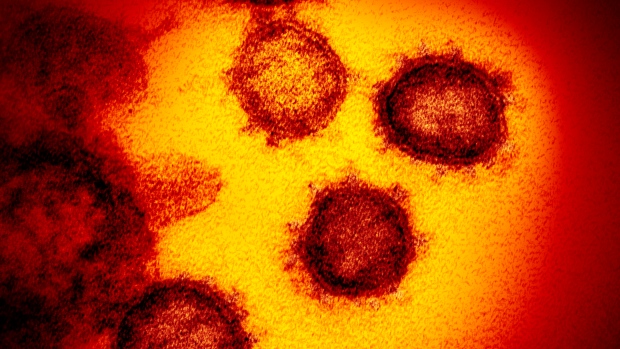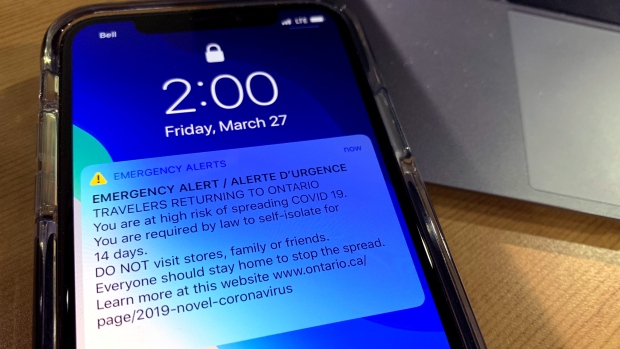_https://hpathy.com/homeopathy-papers/the-fear-that-makes-us-sick-and-homeopathy-that-cures-us/ said:
The Fear That Makes Us Sick And Homeopathy That Cures Us
March 11, 2020
by Guillermo Basaur
Dr. Guillermo Basauri discusses how fear manifests itself and affects people differently. He describes the fears that respond to Aconitum, Causticum, Gelsemium, Arsenicoum, Lycopodium and Pulsatilla.
“Nobody reaches the top with the fear.”
~ Publio Siro
“It is impossible to found a civilization on fear and hatred and cruelty. It would never endure. ”
~ George Orwell
Dr. Kent already said it long ago: “The reason why ACONITUM is so often a children’s remedy is because children are often sick with fear.”
Fear is a common experience of all human beings. We feel fear when we experience any situation that makes us believe that we are in danger. It is a basic emotion of self-protection that is activated when we feel that something or someone can cause us some harm.
In face of a dangerous situation our body is put on alert globally. We feel fear, our muscles tense, we prepare to respond to the threat, and our mind seeks the most effective way to deal with that situation. If we are in a position to flee or to ward off that threat we will do that, but this scenario is not always possible. If it is not possible to get rid of that threatening experience, the tension will increase and our psychic mechanisms will look for ways to adapt to the situation with the least emotional damage. And that is what happens on many occasions.
The possibilities that we humans have to defend ourselves against a threat are not unlimited. They depend on the characteristics of our own circumstances (there are situations in which we will find ourselves hopelessly helpless) but also on the characteristics of the person who has to face them. Depending on the vital moment and our developmental stage at which that event happens, that same event can be faced with very different guarantees of success. The ability to respond to a threat differentiates very much for a baby, a teenager or an adult, and also the impact that a threat can have for the individual.
It happens many times to us adults that we feel fear and don’t know why. This fear usually manifests as a constant state of anxiety, nervousness, various phobias, irritability and hyperexcitation. It can also generate physical symptoms such as sleep disturbances, muscle aches and tensions, digestive problems, skin eruptions, headaches, among many other forms of somatization.
The tension that fear generates in our whole being is very beneficial when that situation is punctual and temporary. We feel a threat, we tense and resolve it. Perfect. But when the fear becomes a permanent state of mind, then the tension begins to wear us out and to make us sick.
Sometimes the feeling of fear that we adults experience has to do with a vital situation that we have to go through like a disease, a desperate economic situation, war or any real and tangible threat. At other times that fear finds a place in our heart and mind in the form of insecurity, anxiety and anguish without being able to link it to any circumstance in our life that deserves those feelings. Many times, the fear becomes enmeshed with our life.
It must be understood that when a baby is afraid, it cannot fight or move away, or even reflect on what is happening. All it can do is to contract himself and wait for that feeling to disappear. And when a baby feels fear frequently and has to solve it by himself in this way, it will generate in himself the experience that the world is a hostile place from which there is no escape but to tense and wait for that horrible experience to pass by. Thus anxiety, anguish and tension are installed as a state of being.
You have to consider that a baby can be scared by being shouted at, when being looked at with hostility, when being caught abruptly, by cold, pain, unpleasant body sensations, hunger … And when all these situations are not constantly addressed suitably the baby can grow up internalizing a constant tension in life, which is the only way to respond to anguish when being such a dependent and helpless individual. It is also possible that it is not the accumulation of microtrauma but a single brutal event that can mark our being with the stigma of fear.
We develop and grow throughout our lives, but it is in the first years when we consolidate our basic character structure based on our congenital temperament. If these first experiences have been traumatic, they can certainly be sweetened throughout life with other experiences that make us feel love, security, kindness and tenderness, all of which life is also full of, so that we may solve that vital problem that a life of fear constitutes. But if the experiences that follow our childhood are not reparative, all that fear will add up more and more until we get sick. In this way, fear can be an emotion that protects us or makes us sick.
From the Perspective of Homeopathy
When we look at a patient with the eyes of homeopathy we are interested in knowing what happened to him (his current illness), why it happened to him (his etiology, the cause) and to whom it happened (the person’s terrain). And I say this because we know that fear, as a causing element of pathology, will develop a particular mode of ailment according to the terrain of the person it affects.
We have many remedies that relate to fear depending on the origin of the patient’s conflict. Fear is the common element in all of them but not all of those people protect themselves from their fear in the same way nor will they decompensate in the same manner. I’ll give you some examples so that you can see what I want to tell you:
ACONITUM is the remedy for people who live in a permanent state of maximum alert. They are agitated, nervous and impatient. They want to anticipate and to know everything in advance to be prepared and to be able to face any adversity. They live as if they were permanently in mortal danger. It is the great remedy to help with acute panic attacks.
Patients sensitive to CAUSTICUM have, on the other hand, the fearful perception that has more to do with the feeling that something bad is going to happen to them or their loved ones. They are usually people with a great sense of justice and dignity and end up being filled with negative feelings and phobias.
GELSEMIUM is another remedy related to fear, but this time the fear paralyzes people. They want to speak in public but remain silent or their mind goes blank in exams for which they have prepared well. It is a fear of anticipation, a fear of facing the situations of life. They can be trembling or suffer from acute diarrhoea before any unusual event like a trip, an interview or a romantic date. It is a great remedy for those people with fear of being on an airplane.
Once I heard a phrase that seemed to me to define very well the state in which people sensitive to ARSENICUM ALBUM live. These patients feel like sheep among wolves. For them, the world is a hostile and threatening place and because of their sense of helplessness they develop the compensatory response of controlling reality absolutely. They become organized people, organized to mania, and detail-oriented meticulous. Anxious in general, and in particular about their health, they are also very dependent on others and tend to accumulate possessions with the idea to be better prepared for anything horrible that this life may hold for them.
In people sensitive to LYCOPODIUM, the dominating feelings are insecurity, the feeling of inferiority and fear of challenges and responsibilities. But to compensate for this perception of themselves and for no one to notice it, they usually create a compensatory image of pride and arrogance. “Tell me what you boast of and I‘ll tell you what you are missing,” could very well define the personality and behavior of these people. They are often harsh and critical with those who they feel may submit but submissive and complacent to those whom they feel to be powerful. Behind a facade of arrogance and haughtiness they hide their insecurity, fear and cowardice.
Another great remedy for fear, this time fear of abandonment, is PULSATILLA. They are people who have not been able to solve the feeling of fusional love that unites the baby with their mother and who live relationships with a maximum degree of dependence. They find it very difficult to live if not through dependency relationships and tend to please others to not to lose them. Their theme might be: “How do you want me to be for you to love me?”
And these are just some of the many homeopathic remedies related to fear, because there are as many remedies as there are ways we humans relate to this emotion and attempt to survive it.
Fear makes our mind and body sick. It contracts us, it exhausts and debilitates us. Homeopathy provides us with remedies capable of increasing our capacity to adapt to these disturbing internal circumstances and to be able to face life with greater and better resources.
It touches me deeply to see how a child, who does nothing but getting sick since it has started going to school for the simple reason of not being able to stand his mother’s separation, improves and stops being sick from the moment he begins to take “his PULSATILLA”. Or how a person who used to feel blocked before any challenge can begin to face them thanks to GELSEMIUM, or how ACONITUM helps us to overcome a panic attack.
I want to tell you a story, a very short one, to end for today.
The disciple approaches his teacher and asks him:
-Master, of all those beings that inhabit this universe, which do I have to fear more.
-You only have to fear one thing: that love never settles in your heart and light never in your mind. Because Light and Love are the sources of Wisdom, and Wisdom dissolves fear as heat and sunlight do with cold and hard ice.
And the disciple understood.

 www.ctvnews.ca
www.ctvnews.ca






